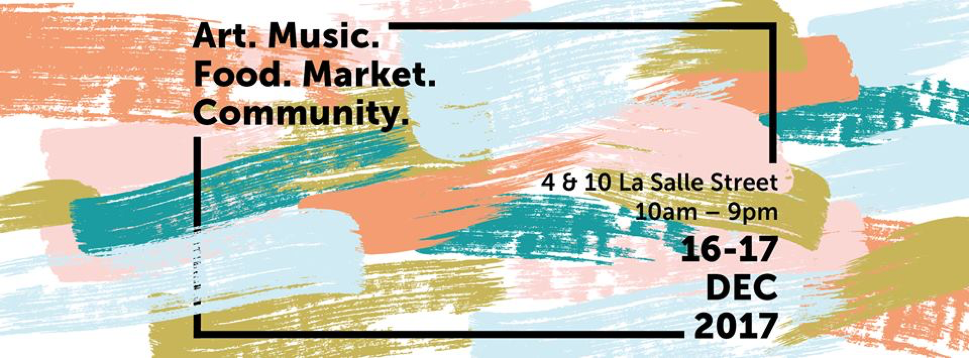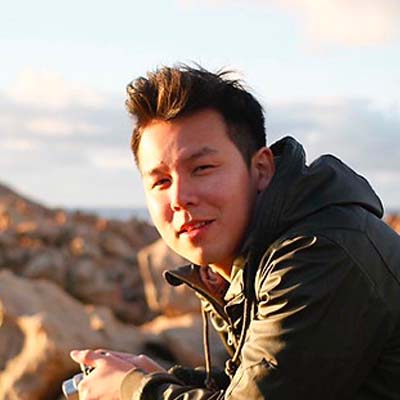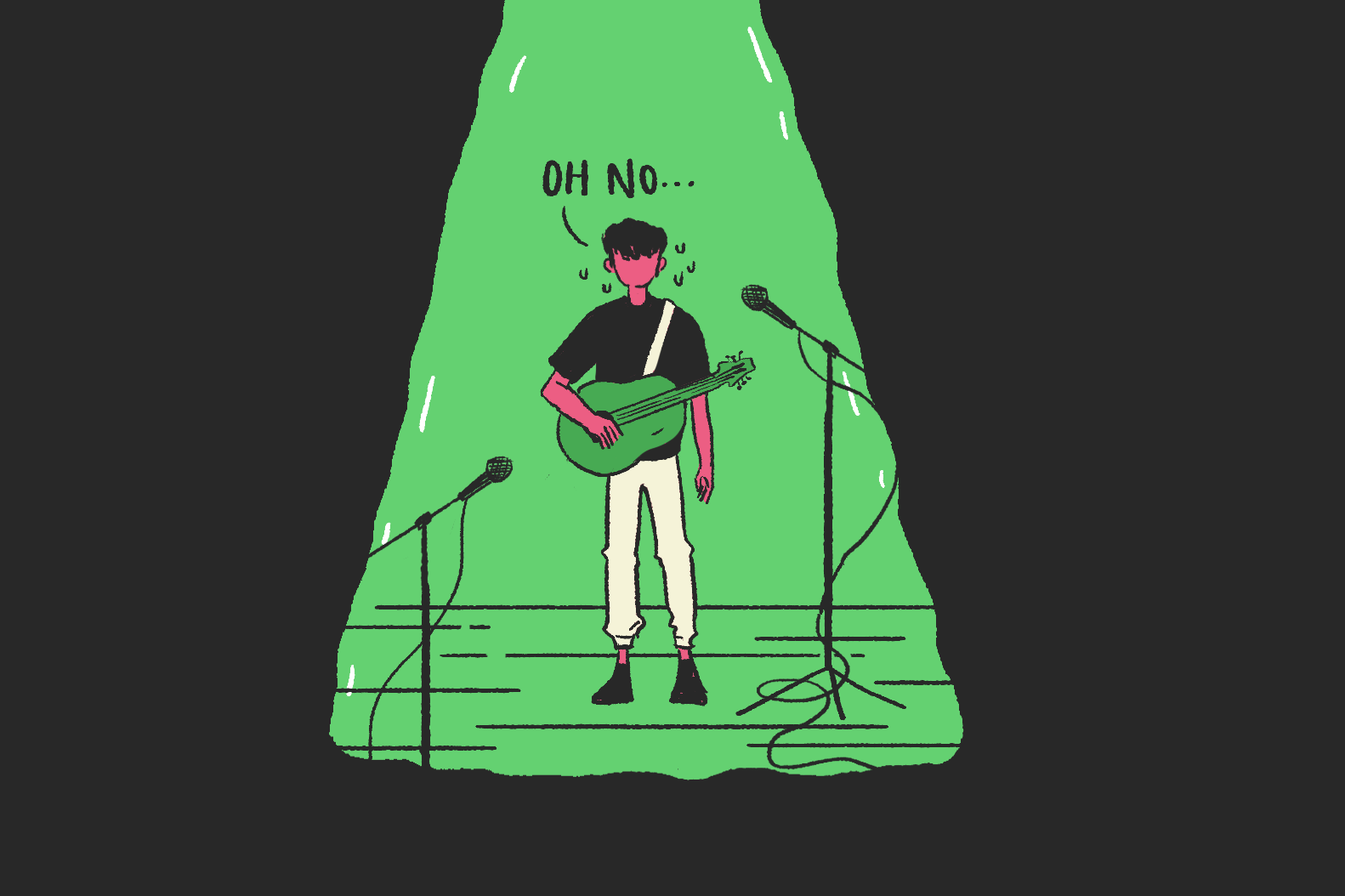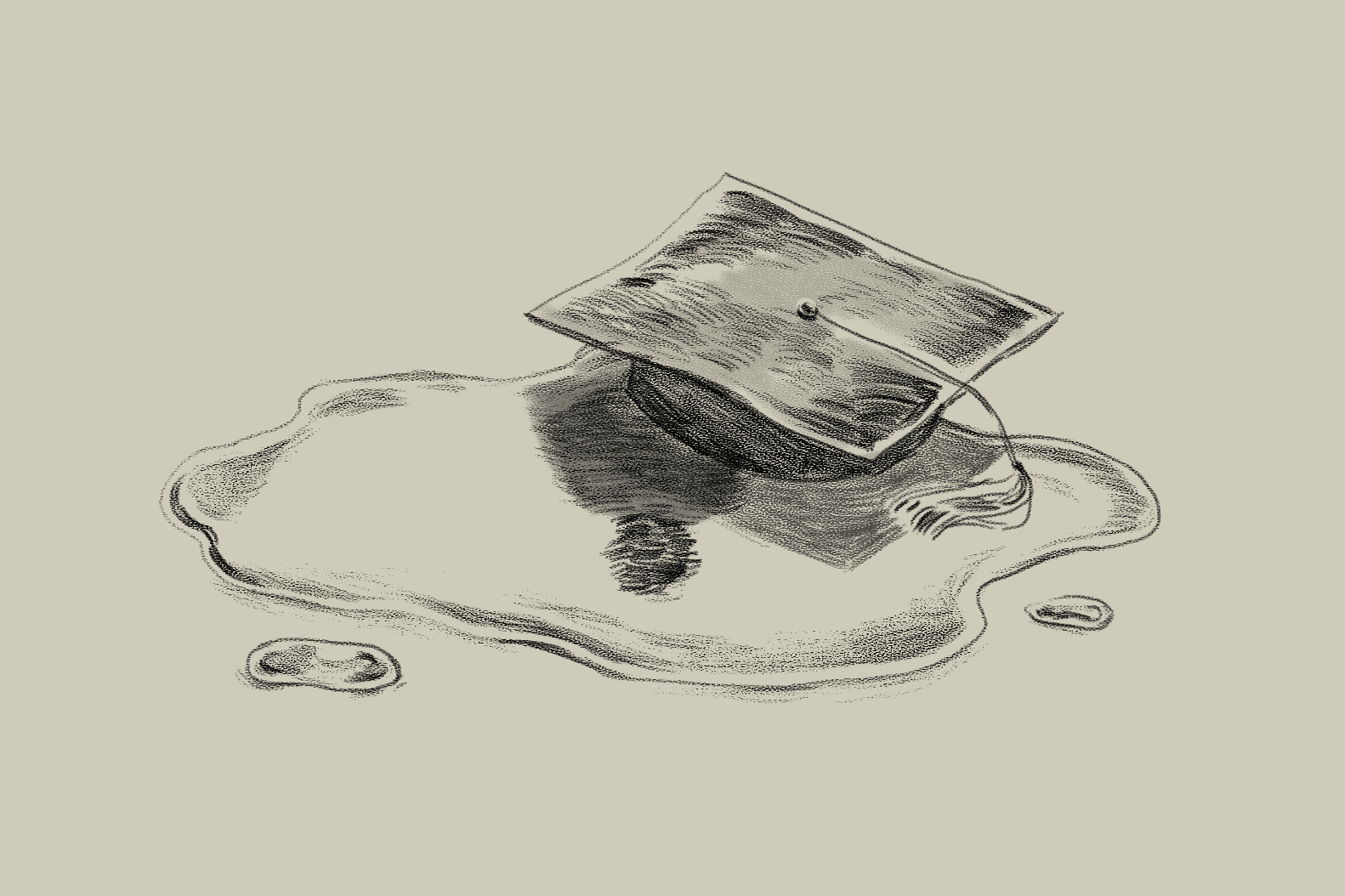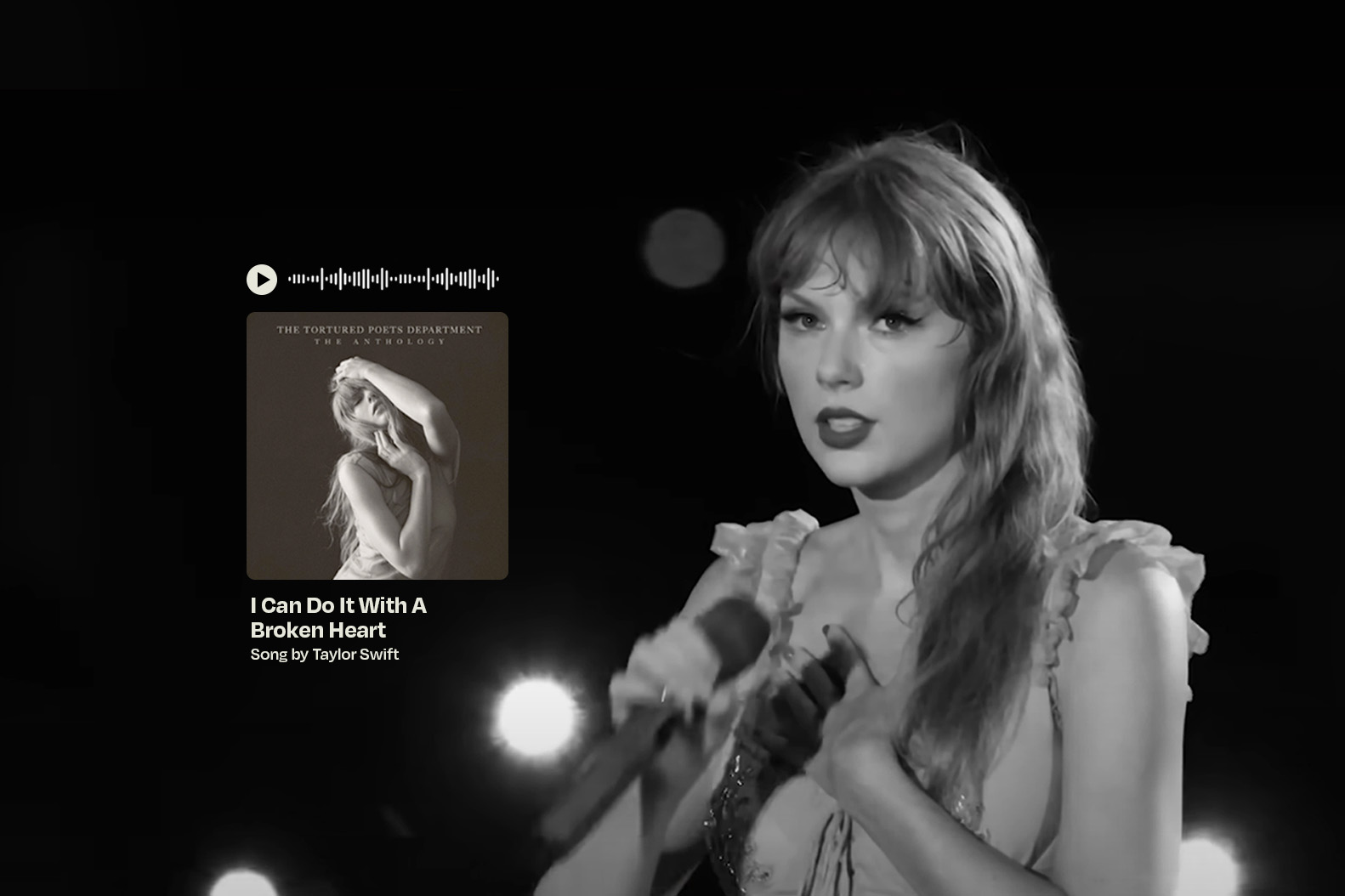Places are significant. Whether it be an actual physical space like our homes, a seat at the dinner table, or something less tangible like having a place in someone’s heart, we all appreciate it when people make space or hold a place for us.
“Having a place” reminds us that we belong, that we are of value. Yet the reality for some is that by circumstance, they have little or no reason to believe that they carry such inherent worth or significance.
I’m reminded of the people groups that many of us have come to expect to read about in the news – those who float about at sea in desperate hope of finding a place to take refuge, or those who get pushed about across countries/regions with no place they really belong.
Closer to home, my heart turns to the displaced and the destitute, who often find themselves outcast in society, with no place to call their own and nowhere they can really feel welcomed.
Jesus entered a world that had no place for Him, and His first sight of it was dark, dirty and definitely not welcoming.
That experience of exclusion is something that many of us can identify with on different levels and for a variety of reasons. When we experience this alienation from the community around us, that unshakeable sense of being inconsequential and non-existent – it can feel like we count for nothing at all.
In Luke 2, we read the story of a person who had every reason to feel inconsequential and non-existent, even though that could not have been further from the truth.
In the story of Jesus’ birth, we learn that when He first entered our world, there was no room at all for Him: “And [Mary] gave birth to her firstborn son [Jesus] and wrapped him in swaddling cloths and laid him in a manger, because there was no place for them in the inn” (Luke 2:7).
Jesus entered a world that had no place for Him, and His first sight of it was grim to say the least – dark, dirty and definitely not welcoming.
The darling of Heaven, the very Son of God, left His place in the heavens to enter a world which had no room for Him – the brutal reality and ordinary pain of the human condition. God the Father too, was also willing to let His only Son be born into these conditions, almost as if to tell us that He doesn’t mind the brokenness of our fallen nature and lack of room that we have for Him.
The beauty and good news of the Christmas story is that someone significant willingly gave up His heavenly place and lived as a man who had “no place to lay His head”.
Whether it be a physical manger or the equally dark and dirty conditions of our hearts, it seems to me that all Jesus wanted was to enter into our lives and to have a relationship with us. Places are significant to Him, and however small the room or the place in our lives we’re willing to give, He will take it – because that’s what He came for.
The beauty and good news of the Christmas story is that someone significant willingly gave up His heavenly place and lived as a man who had “no place to lay His head”. Not only that – He also took our place and died for our sins, so that by this sacrifice and our belief in Him, He could give us a new place in His Father’s house.
“And if I go and prepare a place for you, I will come again and will take you to myself, that where I am you may be also.” (John 14:3)
He just wants to be with us.
This Advent season, I am reminded of the sacrificial, unconditional love of my Saviour and His desire to lift up a people who often find themselves feeling insignificant. He gave us dignity and worth – He gave a place in His family, although we did not deserve it. Would we do the same for others?
I have resolved to take on His example: An example of place-making for the people around me who may feel as if they have no place in this world, whether it be the vulnerable in the community, family, friends or just anyone who needs a place to call home – anyone who feels like an inconsequential, insignificant placeholder.
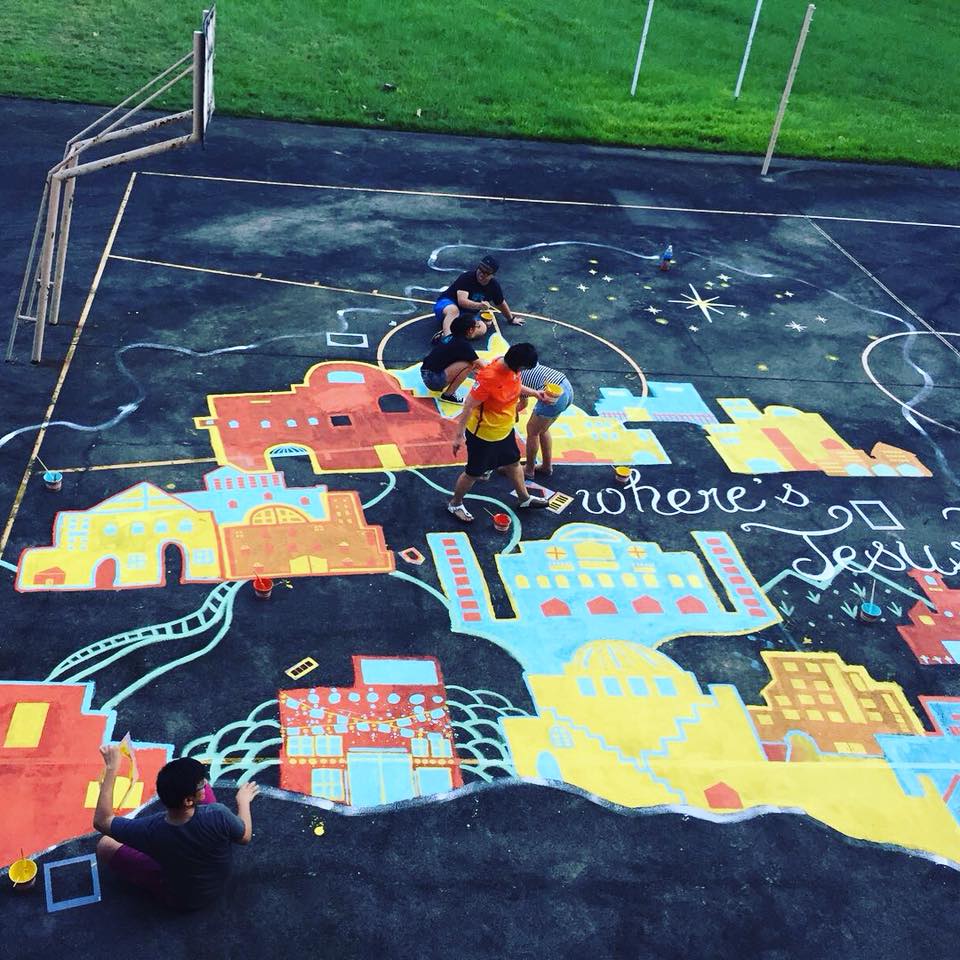
In doing so, I have found my place in a community of people working to do just that by putting together an arts festival called Placeholders, which will be held at the abandoned building over at 10 La Salle Street.
Using the convicting nature of art to explore and surface issues of displacement amongst the poor and needy in Singapore, festival goers will also discover how a simple act of making room for someone can possibly change a life.
Jesus gave his place in heaven to take our place on the Cross, so as to create a place for us in His Kingdom. By the life He lived, we are always reminded that we each have inherent value and significance in His eyes – and that we too should see those around us through His.

Placeholders is an arts festival that seeks to engage the community to reflect on what it means to make place for marginalised individuals and families alike, particularly during the Christmas season. All are welcome!
Date: 16 & 17 December 2017 (Saturday and Sunday)
Address: 4 & 10 La Salle Street
Time: 10am-9pm
For more information, please visit their Facebook page and Instagram page.
The Festival is partnership between Bethesda Frankel Estate Church and New Hope Community Services, a voluntary welfare organisation working with displaced families in Singapore. All proceeds raised from the event will go towards the Kampong Siglap Lifeskills Training & Retreat Centre, an initiative by New Hope Community Services which provides shelter for these displaced families.


